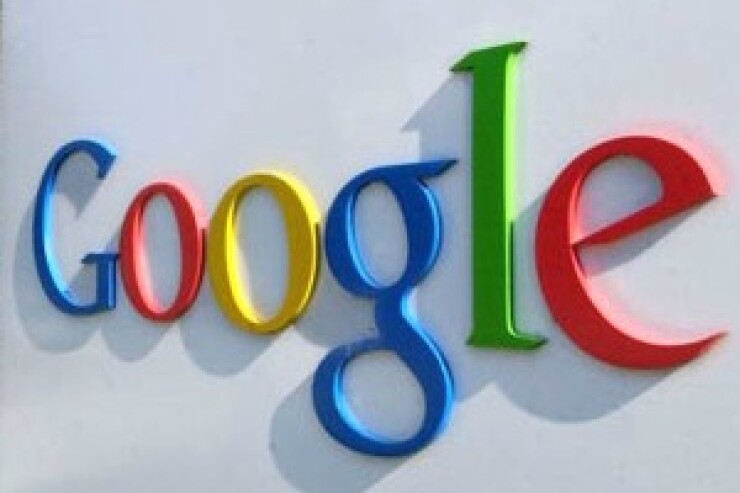Google's decision to abandon plans to offer bank accounts to its users is the end of a high-profile experiment in embedded banking, or banks' extension of their products and services through nonbanking apps, websites and other platforms.
The move was reported by
It’s a big reversal. Last November, eleven financial institutions — including Citigroup, Stanford Federal Credit Union, Seattle Bank, BankMobile (which has since merged with a special-purpose acquisitions company and gone public as BM Technologies), BBVA USA (which has been bought by PNC Financial Services Group) and BMO Harris — agreed to offer checking accounts through Google Plex.
That was the Mountain View, California, tech giant's name for its revamped Google Pay app that was to incorporate the new checking accounts and analytics about users’ spending and banking patterns.
Google is “updating our approach to focus primarily on delivering digital enablement for banks and other financial services providers rather than us serving as the provider of these services," the spokeswoman said. Details were not immediately available, but her comments seemed to suggest that Google will attempt to supply banks with some kind of digital technology.
"We strongly believe that this is the best way for Google to help consumers gain better access to financial services and to help the financial services ecosystem connect more deeply with their customers in a digital environment,” the spokeswoman said.

The leader of the Plex project, Caesar Sengupta, left Google in April, according to the Journal story. Bill Ready, a former PayPal Holdings executive, took over and changed course, because of worries that banks would think Google was trying to compete with them.
Citigroup said it would push ahead with aspects of the project on its own.
“We respect Google’s decision to update its strategy for Plex and look forward to finding other opportunities to work together, including as part of their payments ecosystem," a Citi spokeswoman said.
Demand is still heavy for "simpler, smarter, mobile-first banking products," the Citi spokeswoman said. Citi will draw on lessons it learned from its partnership with Google "and the work we did to develop enhanced capabilities to accelerate Citi’s proprietary efforts and advance our work with partner ecosystems.”
In interviews with American Banker last November, executives at the partner banks said they were interested in reaching a broader consumer audience and in tapping into Google’s user experience expertise.
Elyse Lesley, head of U.S. consumer partnerships and franchise development at Citigroup, said at the time that the agreement would help Citigroup — which has $2.3 trillion in assets yet fewer than 700 branches in the U.S. — reach more consumers, especially millennials and members of Gen Z.
“This partnership with Google gives us the opportunity to drive significant scale in our retail bank by introducing new customers into a relationship with Citi or potentially adding to an existing relationship that we already have with Citi clients,” she said.
John Blizzard, CEO of Seattle Bank, which has $692 million of assets and is another Google bank partner, said his company teamed with Google for three reasons: To meet digital consumers where they are (on their smartphone), to reach a new market segment of digital-first consumers, and to move fast and at low cost with strong security.
“We get to work with the folks that can design the best user experience, probably on the globe,” Blizzard said at the time. “So that's pretty appealing to us. And we’ll use our own brand.”
Seattle Bank, BM Technologies, Stanford Federal Credit Union, PNC and BMO Harris did not respond to requests for an interview on Friday.
The relationship between banks and Google could be toxic, an outside expert warned right after the announcement.
“Google Pay is, in theory, everything the banking industry is afraid of, which is the customer is owned by Google, you can't differentiate your service because Google controls the account,” Todd H. Baker, managing principal of Broadmoor Consulting and senior fellow at Columbia University, said last November.
Naysayers also warned that Google could use its access to customer transaction data to disintermediate their relationships with their banks.
A Google spokesperson said the company would not sell customer data to third parties and that it would not use transaction history in Google Pay for targeting ads across other Google products.





